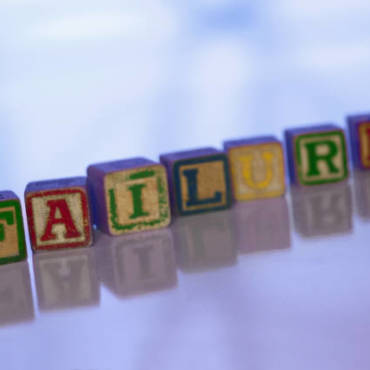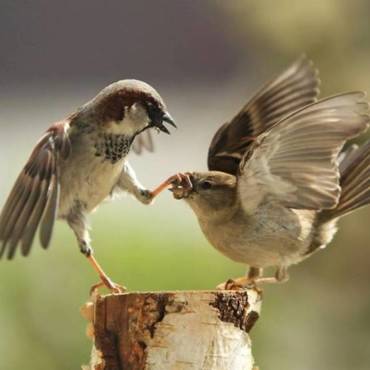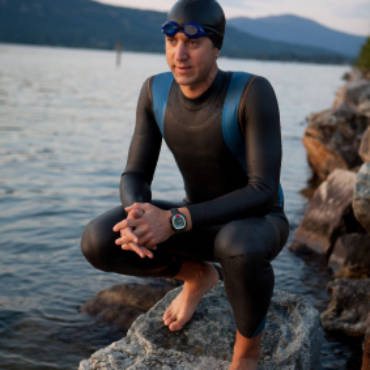The Top 20 Tips on Being the Best: 20 years of experience in 500 words!
I have been lucky to be involved in high performance sport for the best part of 20 years.
I have been very very fortunate to work with Olympic Gold Medalists, World Champions, World Record Holders, Premiership Title Winners, World Cup Winners…champion athletes, teams and coaches in many different sports and in several different countries.
Quite often, when I do professional speaking or training with corporate or sporting groups, someone in the audience will ask, “What do all the winners have in common” or “From your experience, what things do all the great athletes, teams and coaches do that makes them the best”.
There are indeed some things all the great ones have in common: The Top 20 Tips on Being the Best: 20 years of experience in 500 words!







